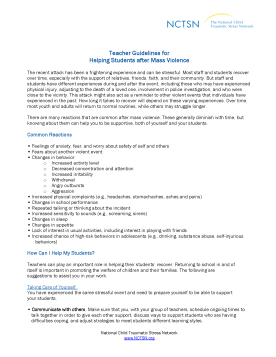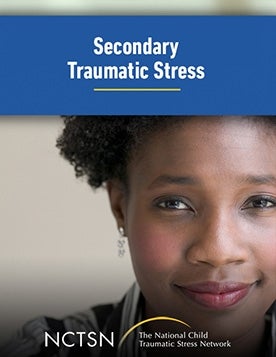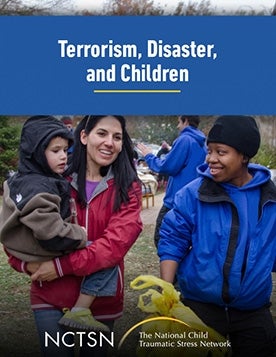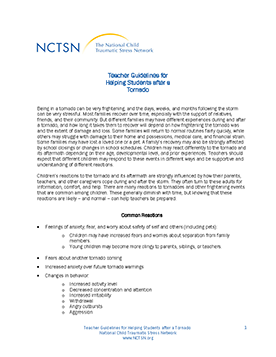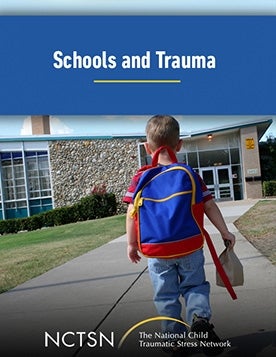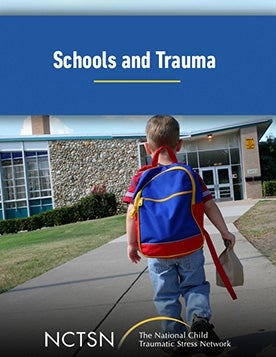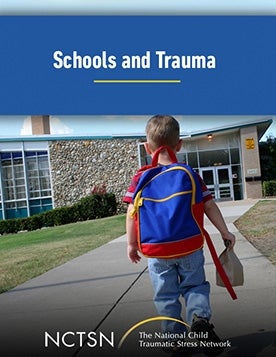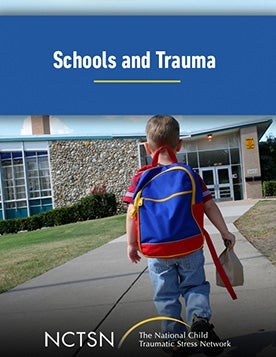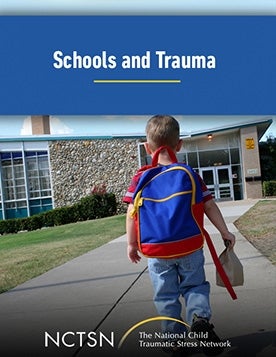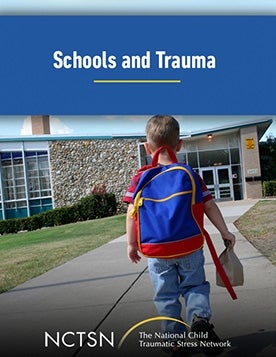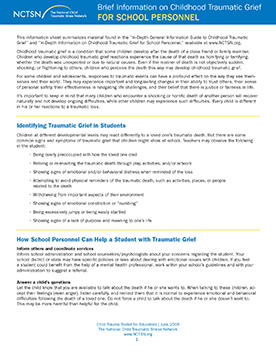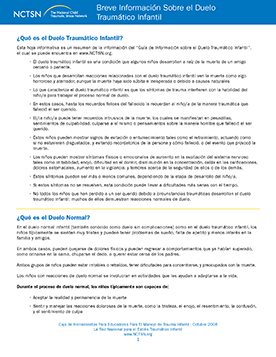Research suggests that approximately 25% of American children will experience at least one traumatic event by the age of 16. A child's reactions to trauma can interfere considerably with learning and/or behavior at school. Schools serve as a critical system of support for children who have experienced trauma. Administrators, teachers, and staff can help reduce the effects of trauma on children by recognizing trauma responses, accommodating and responding to traumatized students within the classroom, and referring children to outside professionals when necessary. The National Child Traumatic Stress Network has developed tools and materials to help educators, school staff, and administrators understand and respond to the specific needs of traumatized children. In addition to the NCTSN resources highlighted below, School Personnel can learn more about creating trauma-informed schools in the Trauma-Informed Care section of this website.
